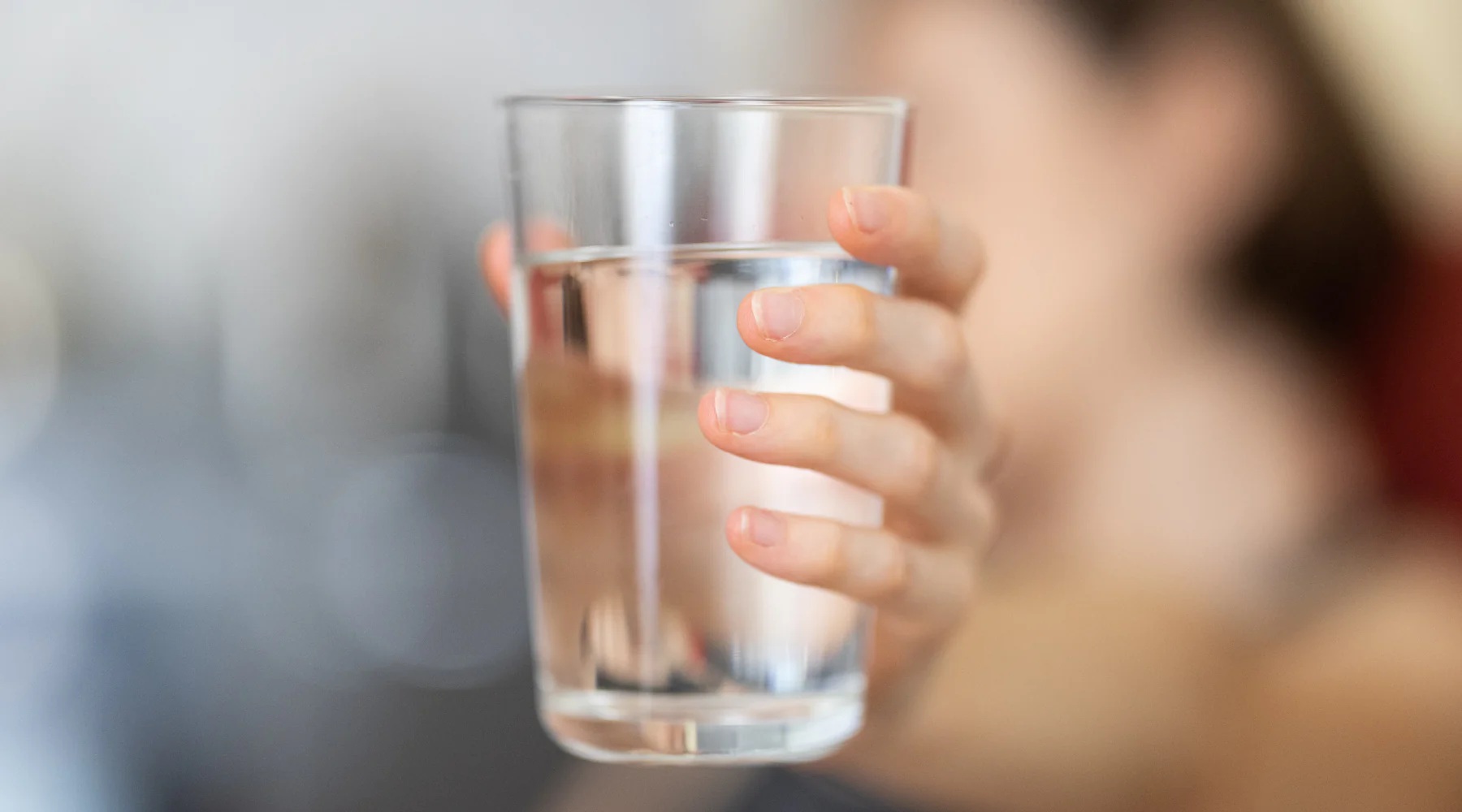Fasting has been practiced for centuries, not only for religious and spiritual purposes but also for its purported health benefits. One of the most common questions that arises when considering fasting is whether it’s acceptable to drink water during the fasting period. This comprehensive guide aims to explore the topic thoroughly, providing insights into the potential benefits and considerations surrounding drinking water while fasting.
Understanding Fasting:
Fasting involves abstaining from food and, in some cases, certain beverages for a specified period. It can take various forms, including intermittent fasting, extended fasting, religious fasting, and therapeutic fasting. While the duration and specifics of fasting may vary, the underlying principle typically remains the same: to give the body a break from digestion and allow it to undergo various metabolic processes that may promote health and well-being.
Importance of Hydration
Hydration is crucial for maintaining various bodily functions, including temperature regulation, nutrient transport, and waste removal. Water makes up a significant portion of the human body, and even mild dehydration can lead to adverse effects such as fatigue, headaches, and impaired cognitive function. Therefore, ensuring adequate hydration during fasting periods is essential for overall health and well-being.
Drinking Water During Fasting
The consensus among health professionals is that drinking water is generally permissible during fasting. In fact, staying hydrated can help alleviate some of the common side effects of fasting, such as thirst, fatigue, and dizziness. Water contains no calories or macronutrients, so consuming it during fasting should not disrupt the physiological state of fasting.
Benefits of Drinking Water While Fasting:
Maintains Hydration
Drinking water helps prevent dehydration, ensuring that essential bodily functions continue to operate optimally during fasting periods.
Suppresses Hunger
Water can help suppress feelings of hunger, making it easier to adhere to fasting protocols and resist the temptation to eat.
Promotes Detoxification
Adequate hydration supports the body’s natural detoxification processes by flushing out toxins and waste products through urine and sweat.
Supports Metabolism
Hydration is essential for maintaining metabolic processes, including fat metabolism, which may be enhanced during fasting.
Improves Mental Clarity
Proper hydration can help maintain cognitive function and mental clarity, reducing the likelihood of brain fog or concentration difficulties during fasting.
Guidelines for Drinking Water During Fasting:
While drinking water is generally recommended during fasting, it’s essential to follow certain guidelines to ensure optimal hydration without compromising the fasting state:
Drink Plenty of Water
Aim to consume an adequate amount of water throughout the fasting period, typically around 8-12 cups (64-96 ounces) per day, or more if you’re physically active or in a hot climate.
Avoid Caloric Beverages
While water is permissible, avoid consuming beverages that contain calories, such as juice, soda, or sweetened drinks, as they can break the fast and disrupt metabolic processes.
Electrolyte Balance
Consider supplementing with electrolytes, especially if engaging in prolonged fasting, to maintain electrolyte balance and prevent imbalances such as hyponatremia.
Listen to Your Body
Pay attention to your body’s signals and drink water whenever you feel thirsty. Thirst is a sign of dehydration and should be promptly addressed.
Monitor Urine Color
Monitor the color of your urine as a simple indicator of hydration status. Pale yellow or clear urine usually indicates adequate hydration, while dark yellow urine may signal dehydration.
Be Mindful of Timing
Drink water consistently throughout the fasting period rather than consuming large quantities all at once, which can lead to discomfort or water intoxication.
Considerations and Potential Risks:
While drinking water during fasting is generally safe and beneficial, certain considerations and potential risks should be kept in mind:
Individual Variability
The water needs of individuals may vary based on factors such as age, weight, activity level, and climate. Tailor your hydration strategy to meet your specific needs.
Medical Conditions
Individuals with certain medical conditions, such as kidney disease or heart failure, may need to restrict their fluid intake or follow modified fasting protocols under medical supervision.
Electrolyte Imbalance
Prolonged fasting without adequate electrolyte intake can lead to electrolyte imbalances, potentially causing symptoms such as muscle cramps, weakness, or irregular heartbeat.
Water Intoxication
Drinking excessive amounts of water in a short period can lead to water intoxication, a rare but potentially dangerous condition characterized by electrolyte imbalance and swelling of the brain.
Quality of Water
Ensure that the water you drink during fasting is clean and safe, free from contaminants or impurities that could compromise your health.
Conclusion:
In conclusion, drinking water while fasting is generally recommended and can offer numerous benefits, including maintaining hydration, suppressing hunger, promoting detoxification, supporting metabolism, and improving mental clarity. However, it’s essential to follow guidelines for proper hydration, avoid caloric beverages, maintain electrolyte balance, listen to your body’s signals, and be mindful of potential risks associated with excessive water intake or underlying medical conditions. By staying hydrated and mindful of your body’s needs, you can safely and effectively incorporate water into your fasting routine to support overall health and well-being. As always, consult with a healthcare professional before making significant changes to your fasting regimen, especially if you have any underlying health concerns or medical conditions.
- Benefits of Ginseng Supplements - April 3, 2024
- Benefits of Goji Berry Supplements - April 3, 2024
- Benefits of Ginkgo Biloba Supplements - April 3, 2024




